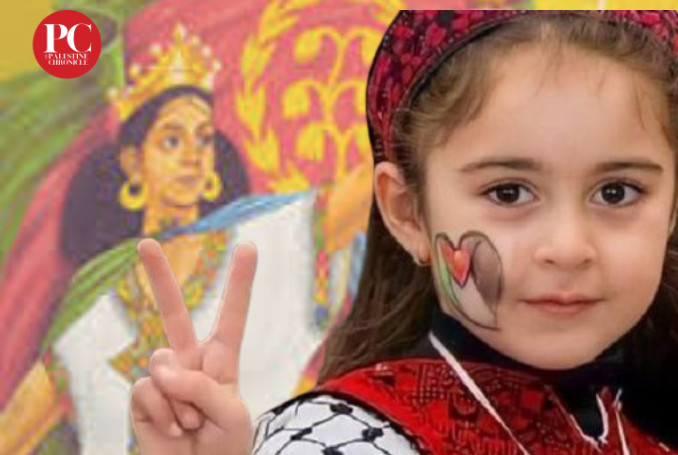
By Abel Semere
Editor’s Note: Abel Semere is a young Eritrean-American writer. Like millions of youth around the world, Semere wants to send a message of solidarity to Gaza and the Palestinian people during this time of outright genocide and ethnic cleansing in the Strip.
Though mainstream Western media continues to support Israel, elevating the Israeli narrative and marginalizing the Palestinian one, it is youth, like Semere, that continue to champion the Palestinian cause on social media – and are ultimately making all the difference.
The Palestine Chronicle is giving space to voices like Semere, to express their solidarity and to talk about the shared, collective experiences between his people in Eritrea, who have endured a long and bloody war, and the Palestinian people, fighting against colonialism, racism and apartheid.
May 24th, 1993 was a very important date in the history of my country, Eritrea.
It has been over three decades since Eritrea gained independence from Ethiopia, which annexed it shortly after World War II. Throughout these decades, the Eritrean people fought a long, costly, but brave battle until they managed to win back their homeland.
During the years of occupation, my people were forced to assimilate to a culture and traditions that were not theirs. Even 30 years later, we are still struggling with this irreversible damage caused by the conflict, the occupation, and the war.
The concepts of fighting for independence, losing land to annexation and irreversible damage caused by war is nothing new to Palestinians. But I will not speak on their behalf. Instead, my perspective is that of an Eritrean-American youth, born and raised in the United States.
The perspective I get to speak from is one where I can see the conflicts around me, which have impacted my life in many ways. This compels me and gives me the chance to speak and demonstrate my solidarity with others who are oppressed, like the Palestinian people.
It would be a misnomer to claim that what is happening in Palestine at the moment is war. It is ethnic cleansing.
At the time of this writing, the Gaza Strip has been deemed inhabitable, leaving millions displaced. The current genocidal by Israel, however, is only a small part of an ongoing conflict that has been taking place since the late 1940s, when the United Nations approved Resolution 181, which called for the partition of Palestine into an Arab and a Jewish state, with the city of Jerusalem as a separate entity (corpus separatum).
The struggle for Palestinian freedom to reclaim their stolen land has never ceased. Indeed, the struggle that persists today is still fueled by those early days of colonialism and international intervention, mainly that of Britain as early as the Balfour Declaration of 1917.
This was also the case during the Eritrean War for Independence. Even at the time, Ethiopia could count on support from larger and more developed countries. History seems to always repeat itself.
But Palestine has received support from numerous countries and organizations worldwide in various forms, the kind of support that is necessitated by moralistic reasons not political expediency.
International law has repeatedly condemned the Israeli occupation and its practices. Israel, however, has always received support from countries in the West, most notably from the country I live in, the United States.
US’ support for Israel has been around for a long time, but it has accentuated even more since October 7, where once again, Washington emerged as Tel Aviv’s biggest supporter, especially financially, including an additional 14.3 billion dollar aid package. This is added to the 3.8 billion dollars in annual military and other forms of assistance.
In truth, without US efforts, Israel would have considerably done less damage to the Palestinian people.
From the perspective of an Eritrean – in fact, I would argue, most Africans – I see a strong connection between the ongoing Palestinian struggle for independence and the Eritrean War for Independence. Living in the US, witnessing the atrocities thousands of miles away, I feel that it is my duty to act in solidarity with those oppressed people fighting for their freedom and for justice.
One of the most concrete actions to create a change is through boycotts, which will directly hurt large corporations that, directly or otherwise benefit the Israeli occupation of Palestine. They include Starbucks and McDonalds, among others. Luckily, such boycotts are already paying dividends.
Protests and spreading word about Palestine are also very important, as well as contacting our elected representatives and demanding that they take strong action to stop the genocide in Gaza. This can be done at a national level, but also locally, for example, urging our city councils to pass resolutions for a long-term ceasefire. This has already been achieved in the city of Seattle.
As US citizens, we have the power to change the stance of our government through direct and consistent actions. Please don’t stop advocating justice for Palestine, and for all oppressed people everywhere.
And just like Eritrea in 1993, Palestine will be free.
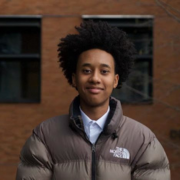
– Abel Semere is a young Eritrean-American student and aspiring writer. He contributed this article to the Palestine Chronicle.

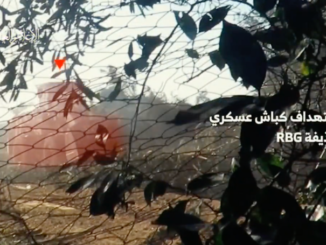
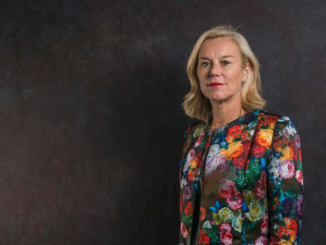
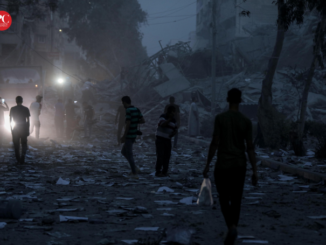




this is Amazing Abel
The west is responsible for this dirty politics.
Free pàlestine now.
Well written Abel! You couldn’t be any right than this. As an Eritrean, I’m proud of the young writer you are. Thank you for the well-informed article and recognizing the connection of the struggle of Palestine to that of ours. And yes, Palestine will be free.